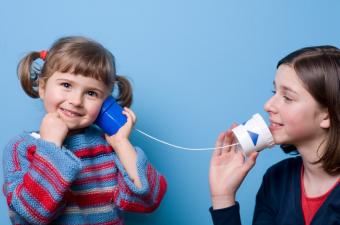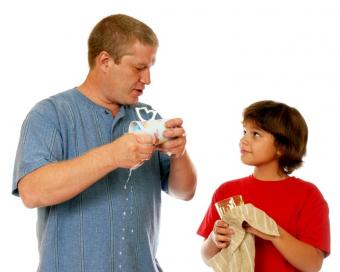Autistic Generalization

Autistic generalization is a critical aspect of therapies for autism spectrum disorders. This step in the process involves relating skills and concepts learned during therapeutic activities to natural environments. The generalized environment is the final testing ground for mastered skills in therapies for autism.
Fine Motor Activities

Fine motor activities in therapy help promote self-help skills and they serve as prewriting activities. These activities are easily moved into the generalized setting. Great activities to do in therapy an in autistic generalization include:
- Lacing
- Beading
- Coloring and drawing
Object Labeling

Connecting words to people, places, and objects can be challenging, even when it seems as if the child has mastered this task in therapy. The problem is that the child may connect the word to a single picture or object without making associations in a general setting. For example, the child may identify the letter A in therapy but can't pick out the letter in a book.
Safety Awareness

Safety awareness is an integral part of autistic generalization activities. Following verbal and visual cues as a guide, the child should provide appropriate behavioral follow through. This process involves recognizing sign language, images and verbal cues for safety.
Sensory Integration

Addressing sensory problems in a generalized setting can be extremely challenging, especially in public places. Strategies used in therapy to alleviate sensory overload that often leads to public meltdowns can be incorporated in high-sensory community settings like the grocery store:
- Give the child an object for "stimming"
- Use minimal verbal cues
- Try to remain calm
- Try deep pressure
- Allow the child to listen to music wearing earphones
Following Directions

Many times, children on the autism spectrum have difficulty realizing when someone is giving them directions. Approaches like discrete trial help them make the connection between verbal or visual commands and appropriate responses. Parents and therapists can give commands practiced in drills in autistic generalization.
Sign up for our newsletter featuring all the latest stories and products we love.
Modeling Behavior

Anyone interacting with the child has a great opportunity to model behavior. Instead of giving instructions, try demonstrating each step you want the child to follow. Use the child's mastered skills as a guide. Modeling can be used for countless activities including:
- Fine and gross motor activities
- Social interaction
- Safety awareness
- Play
- Self-help skills
Making Connections

Autistic generalization involves making connections. Many kids are able to generalize skills automatically, but many children on the autism spectrum require guidance. Gradually, mastered skills emerge in the child's everyday life when a guide serves as a model. Eventually, nearly any environment becomes an environment for autistic kids.







